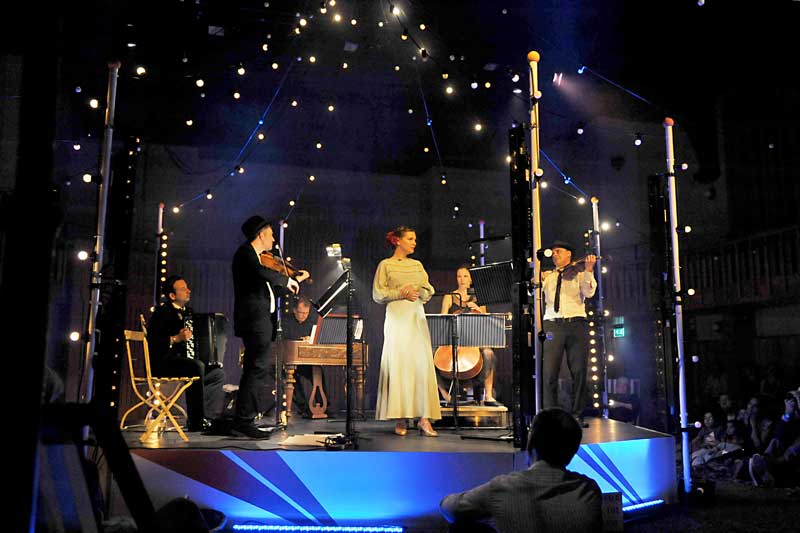The Manifesto for the Night Time Economy was this morning released by Mr Kolvin, a Queen's Counsel barrister specialising in licensing law. The manifesto contains a series of pledges for restoring the image of the £66bn industry that is the night-time economy (NTE).
The report warns that if the NTE is not properly nourished "city-centre streets would be lonely and dangerous places at night".
Mr Kolvin, who is the head of Cornerstone Barristers, is on the advisory board for the Night Time Industries Association and says that the manifesto came about when discussing the perception of the NTE with members of the association. "A lot of councillors only encounter the NTE when they sit on summary reviews on closures," he tells the PMA. "They might come to see it as a cancerous thing that needs to be rooted out. This is an attempt to say that it doesn’t have to be that way if you adopt some simple principles."
Ahead of the manifesto's launch, Mr Kolvin speaks with the PMA about the manifesto's message and gives five tips that he would like readers of the manifesto to take on board.
1. Towns and cities should appoint a night-time champion
"Night-time champions should be wonderful agents that bring together different parties with different expertise and attributes. I don’t think it matters [if the night-time champion has a vested interest] — in Amsterdam and Berlin the night-time champion is industry appointed.
"I think the important attribute is that they’re capable and have the personality, influence and charisma to bring people together. That could be a politician or someone who is appointed with the consent of all the stakeholders.
"It would just mean that everyone would be able to get together and plan together strategically for a good NTE."
2. The industry and regulators need to work together
"I could walk into any city and tell within 15 minutes if there’s a successful partnership.
"I don’t think one should ever be specific about what would work locally. The principles are high-level principles; there should be a partnership, which can be played out in various ways depending on what works locally.
"In a lot of cities it’s not happening in the right way. The industry feels at loggerheads with the local regulators and that’s just really sad. A modern partnership should look at the positives as well as the negatives of the industry."
3. Planning needs to balance residential needs with the needs of the NTE
"It’s a question of trying to understand what measures might be needed to mitigate the effect of the NTE on residential areas.
"That might mean promoting proper dispersal polices from different venues; it might be a question of what time all the venues close, so they don’t all close at the same moment; or a question of planning the highway arrangements properly, so that taxis aren’t driving through residential areas.
"There are always solutions, but if you don’t think of the solutions in advance, what tends to happen is frustration builds up. This results in reviews and closures when actually there’s a better way. Before you get to reviews, there needs to be much better dialogue to ensure that all the things that could be done are done."

4. Promote the city night life to new demographics
"Leeds identified that there was a particular demographic of people that like to come into the NTE. They held Light Night Leeds, where they made sure that restaurants and cafes were open to attract a completely different demographic of people.
"Imagine you’ve got an economy where all the shops close at 5pm and there’s that dead time before the NTE kicks in. Those shops, as well as the art gallery, library and consumer services, should get together and market themselves as being open late for one family night a week.
"You’ve then got the chance to bring people into the NTE that wouldn’t usually be there. All of this would come out of collectively marketing the area as a good place to be in the evening."
5. Use happy hours to attract an early evening crowd
"We threw the baby out with the bath water [on happy hours]. It’s quite possible to promote alcohol in a responsible way. If I go somewhere and have two cocktails for the price of one, I might have two cocktails, but I’m not going to end up unconscious in a gutter.
"There’s usually a sensible middle line that doesn’t involve over-regulation. It’s not a crime to market an alcoholic product, which is all a happy hour does.
"A lot of people are quite strapped for cash and just want to meet their friends for a drink in the city centre, but if they can’t do that, they’ll just get alcohol from the supermarket and drink in an uncontrolled way at home."
- The full manifesto can be viewed here.
